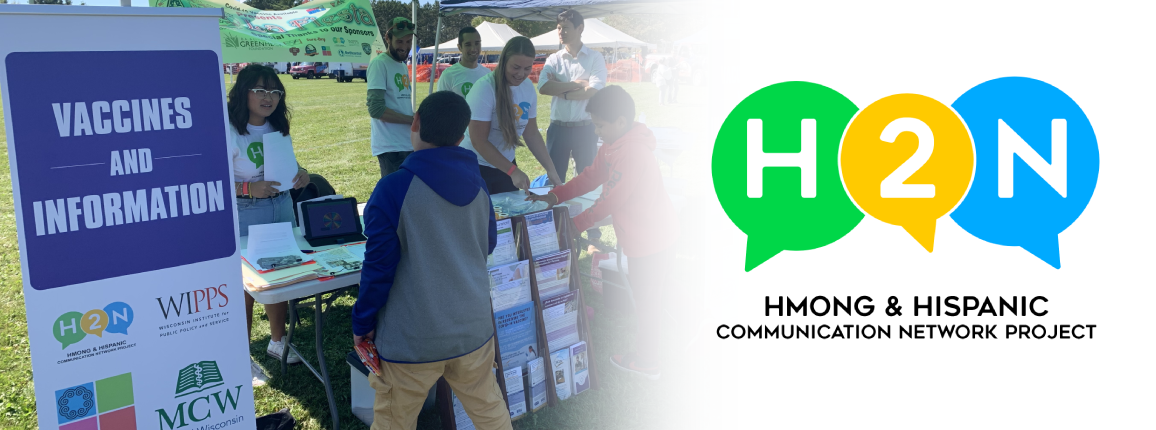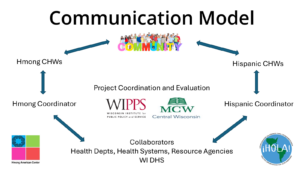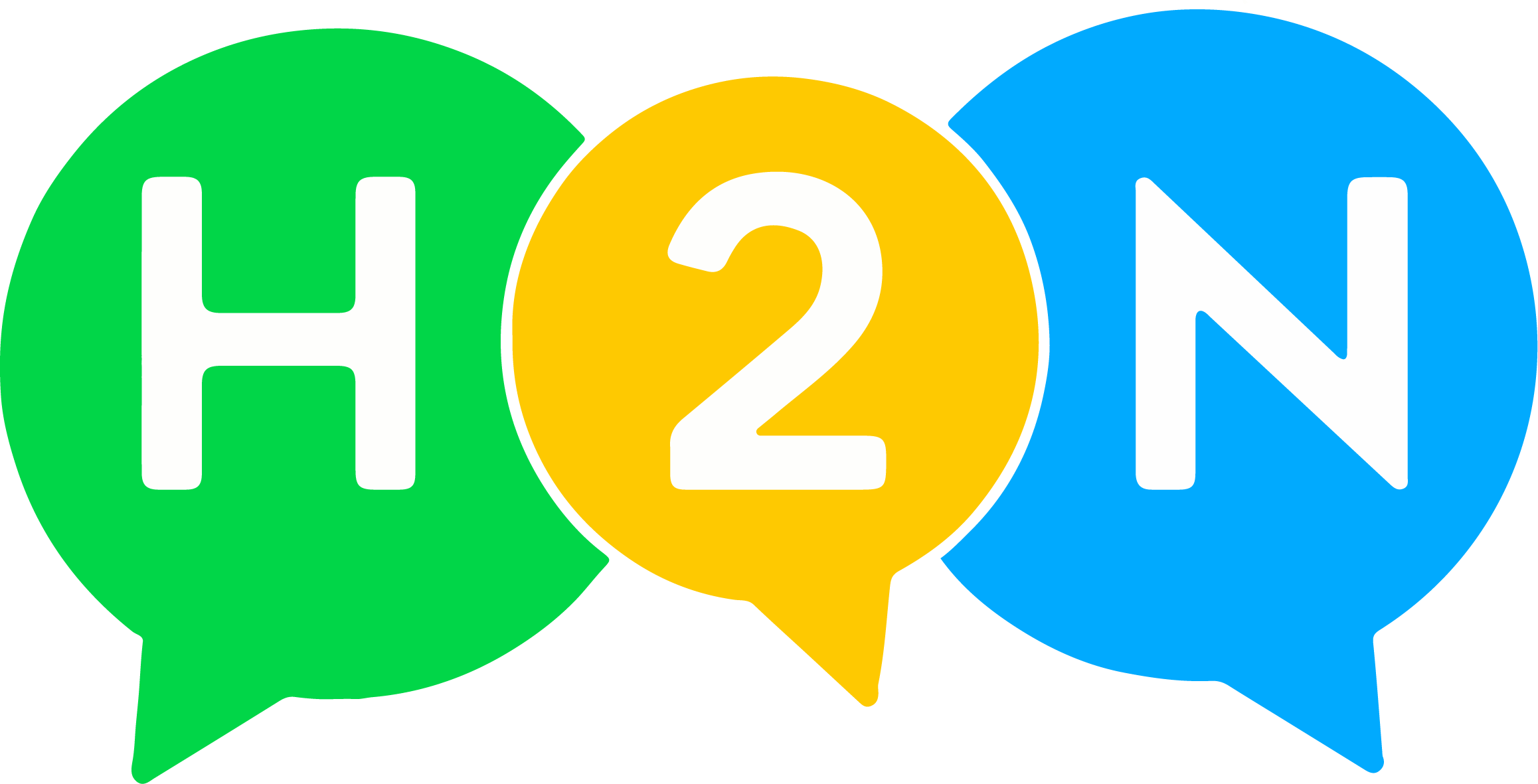
H2N Background
The Hmong and Hispanic Communication Network (H2N) collaborates with public health organizations, health systems, resource agencies, and community organizations to provide Hmong and Hispanic communities with resources and tools to improve health outcomes and better withstand the COVID-19 pandemic.
Since May of 2020, H2N clinics and outreach efforts have provided over 1,000 doses of COVID-19 vaccines, over 500 doses of flu vaccines, and thousands with COVID-19 resources in their own language. Community members are also encouraged to share their concerns and ideas, which allows H2N to better understand and serve these communities.
H2N utilizes Community Coordinators (CC) and a network of Community Health Workers (CHW) to deliver messaging about how to prevent the spread of COVID-19, to reinforce the risks and long-term effects associated with COVID-19 infections, to educate about the safety and effectiveness of COVID-19 vaccines, to build routineness around being immunized, and to help community members access COVID-19 vaccine.
H2N representatives act as a reliable source of information and resources for community members. Community coordinators and community health workers stay up to date on new information, resources, protocols, regulations and guidelines concerning COVID-19 and vaccinations. These resources are then provided to community members in their own language.
Community members are reached in several ways including visits to farms, community events, Hispanic and Hmong grocery stores, churches, and food distribution events.
In addition to COVID-19 resources and information, H2N has been able to provide individuals with resources for food/rental assistance, mental health services, domestic abuse, legal rights, and more. The relationships and connections made by H2N Community Health Workers can provide future support and aid to underserved populations. Programs like H2N are a potent tool to improve health outcomes and reduce health disparities.
H2N History
In central Wisconsin, Hmong and Hispanic communities are particularly vulnerable to the negative health, educational, and economic impacts of COVID-19. Many of these disparities can be attributed to language, cultural, and literacy barriers as well as insufficient awareness of available services, resources, and lack of protection in workplaces. Immigration issues and discrimination add further complication.
In March 2020, the Wisconsin Institute for Public Policy and Service (WIPPS) partnered with the Medical College of Wisconsin-Central Wisconsin to develop a network of concerned community organizations to respond and address existing communication barriers with the Hmong and Hispanic communities. H2N focuses on the strengthening of communication channels and information exchange between public health facing organizations and Hmong and Hispanic communities in central Wisconsin.
Through established relationships, WIPPS recruited respected and well-connected bilingual Hmong and Hispanic Community Coordinators (CCs) who then each recruited four individuals to be Community Health Workers (CHWs). Four Hmong and four Hispanic CHWs were trained in May 2020. Trainings included basic CDC and WI DHS information about COVID-19, prevention and mitigation, and familiarization with the CDC site. CHWs shared community concerns, information gaps, social networks preferred in their communities, and types of messaging that might be most helpful. Modelling prevention strategies such as wearing masks, physical distancing, hand washing/sanitizing was emphasized.
H2N has found that written materials have limited value given language and literacy barriers. Video and person-to-person messaging is often much more effective. A partnership with United Way of Wisconsin developed to raise awareness about 211 with a goal of increasing Hmong and Hispanic community comfort with utilization of the service. Liaisons have been providing feedback about potential barriers and suggestions about making the service feel more accessible, welcoming, and safe for people in Hmong and Hispanic communities.
WIPPS/H2N was awarded DHS Influenza Community Outreach funding to engage Hmong and Hispanic communities about influenza and influenza vaccines beginning November 1. These funds allowed for the hiring of several more CHWs. Through CHW community conversations over the past several months, among other things, we have learned that there is general mistrust about vaccinations, disease constructs in Hispanic cultures or traditional Hmong culture may not be amenable to vaccines, and there are financial barriers for uninsured and logistical barriers for accessing vaccines. Outreach by trusted messengers and making affordable influenza vaccines accessible will be paramount in improving influenza vaccination rates in Hmong and Hispanic communities.
